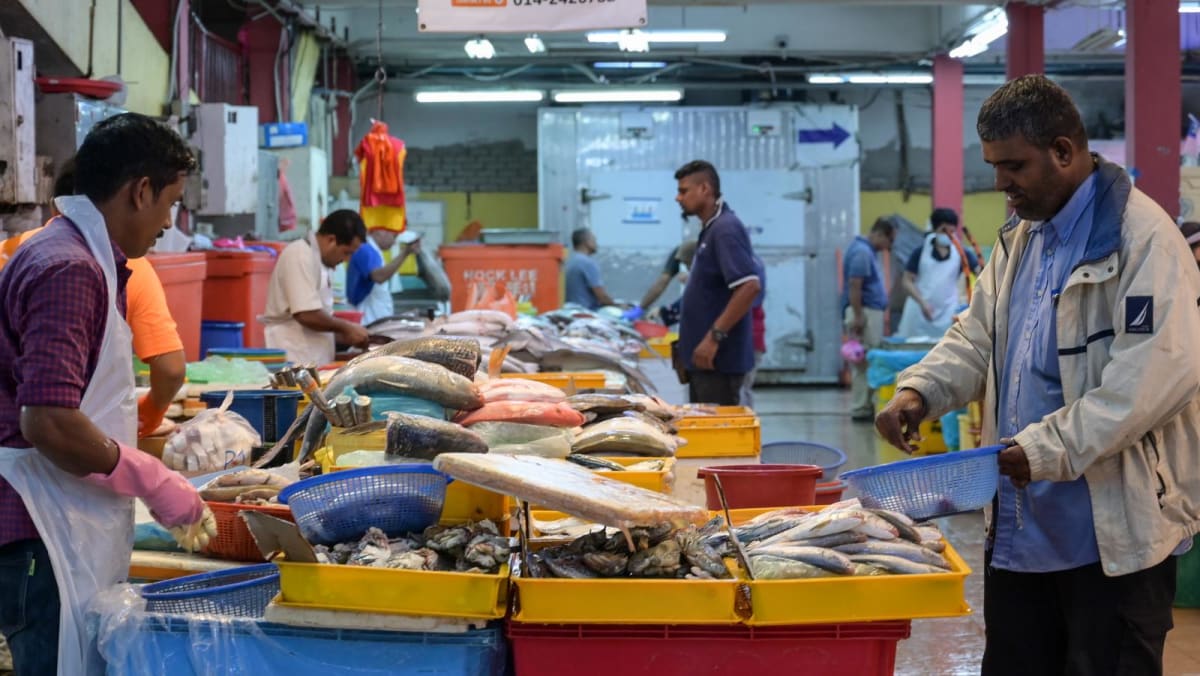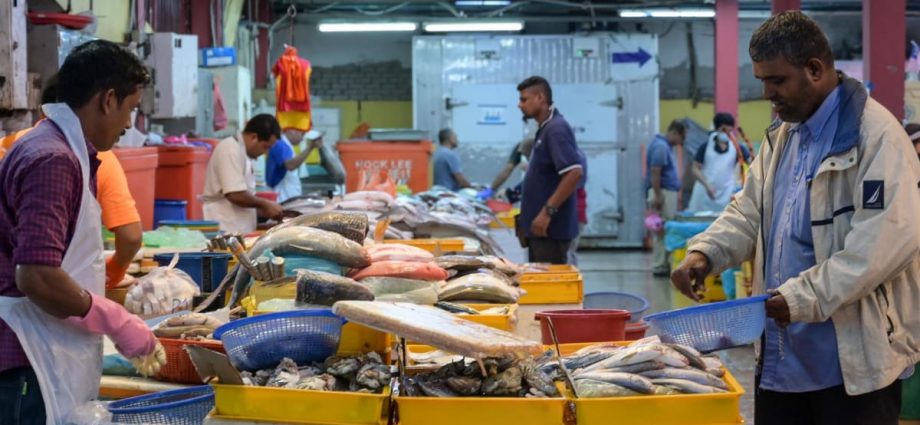
Mr Hasri told CNA later that “in these tough times, we have to give and take”.
“We also understand the issues faced by many Malaysians, we have to empathise and all help each other. But on the other hand, we also need to ensure we are not burdening ourselves and our own rice bowls,” he added.
Mr Hasri was referring to Malaysia’s recent move to lift price controls on chickens from Nov 1 in an effort to ease government expenditure on subsidies.
In his Budget speech last month, Prime Minister Anwar Ibrahim said the government has spent RM3.8 billion (US$820 million) on chicken and egg subsidies since February 2022.
“The original intent of the temporary subsidies was to control the prices of chicken and eggs that surged, as well as to overcome shortages,” said Mr Anwar.
“Current trends show that the prices of chicken and eggs are starting to stabilise and are below ceiling prices. Thus, prices will be floated so that the local market can function freely in ensuring a sufficient supply of chicken and eggs in the market.”
The move is considered to be the first step for Mr Anwar’s government in its shift away from blanket subsidies for basic necessities to targeted subsidies.
In a recent interview with CNA, Mr Anwar, who is also finance minister, said the current subsidy programme that ran up to RM81 billion in 2023 is plagued by leakage and wastage and is not sustainable.
Malaysia subsidises fuel, electricity, and food items such as rice and cooking oil among other things.
After the price ceiling of RM9.40 per kilogram for standard chicken was removed on Nov 1, the prices of chicken have inched up in recent weeks.
According to Mr Hasri, it started off at around RM8 per kg, then rose back up to RM8.50 in a week.
He said that at Nov 1, the price of chickens was below the ceiling as there was a supply glut of local chickens as well as imported chickens from Thailand.
As of Nov 17, the price of chicken had reached the price ceiling of RM9.40 initially set by the government.
“I think the sudden spike in prices has turned many of our customers away, and they are now afraid the price could surge even more in the coming weeks,” he added.
“You would think leaving things to the free market is good, but the situation has caused our earnings to drop by around 20 per cent after the Deepavali holidays,” said Mr Hasni.
Mr Hasni along with several other business owners, small traders and consumers across the country, told CNA that the Malaysia government’s policy to move away from blanket subsidies and leave prices of goods to the free market could have a counterintuitive effect on the cost of living situation.
They urged that the government reconsider its stance during a time where many Malaysians are hit by the double whammy of weaker ringgit affecting price of imported products as well as global inflation caused by the ongoing supply chain issues due to the war in Ukraine.

